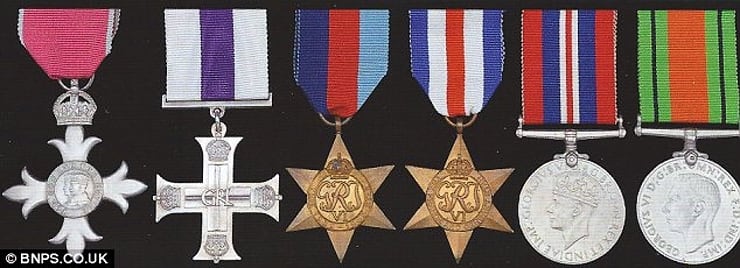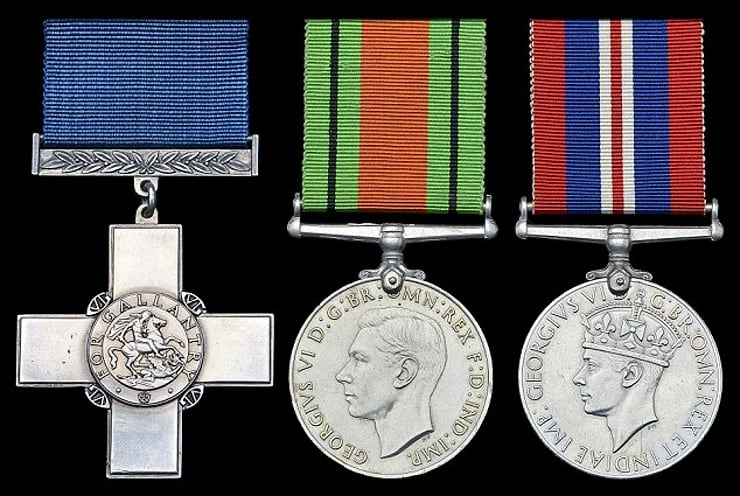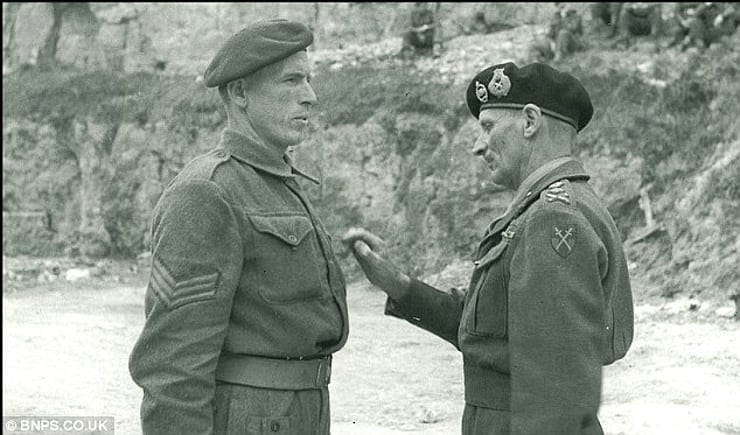12 Oct 2012 Collection of decorations sold for 9 million
Categories: Calendar , Nálezy nejenom s detektorem ve Velké Británii a Irsku
Nine years ago, a collection of military decorations sold at auction in the UK for 312,000 British pounds, or 9.2 million crowns today. Thirty-three pieces in total were owned by William Oakleye (81). The treasure was discovered when the man died.
The collection included the George Cross, a British decoration for bravery. It is the equivalent of the Victoria Cross. The George Cross was established by King George VI of Britain in September 1940. Unlike the Victoria Cross, it is awarded to civilians during a state of war.
In this sense, the order is Britain's highest civilian award for bravery and heroism under conditions of martial law or other extreme danger. The George Cross sold at auction for a whopping £93,000. Sergeant Michael Gibson was awarded this decoration during the Second World War.
Another fine piece in the collection was the Queens Police Medal, awarded to police in the UK for bravery or distinguished service. Specifically, the one awarded to William Oakleye was awarded In Memoriam in 1958 to the Inspector who was shot during the Siege of Balckburn. It sold at auction for £18,200.
The sale was organised by Dix Noonan and Webb. Another George Cross, which was won by a bomb disposal expert who defused a mine in a London warehouse, was also auctioned for nearly 17,000. The soldier took part in a one-day operation to dispose of the explosives.
"This collection is Mr Oakley's lasting legacy and has surprised many people who knew him. He was buying decorations in the 1960s and 70s when it was not very fashionable. His collection is made up of beautiful decorations from modern history. He was a lifelong bachelor who lived for many years with his mother in a semi-detached house in a small village near Birmingham," said Christopher Hill of auction house Dix Noonan and Webb.
Oakley was well known in his home town. After his death, locals placed a wooden bench near his house in his memory. "But I don't think anyone knew about his collection of decorations. He had pieces hidden in different parts of his house. He had no immediate family to leave them to, so the decorations were sold as part of his estate and the proceeds will be donated to distant relatives," Hill concluded.
Sources: www.dailymail.co.uk



The article is included in categories: